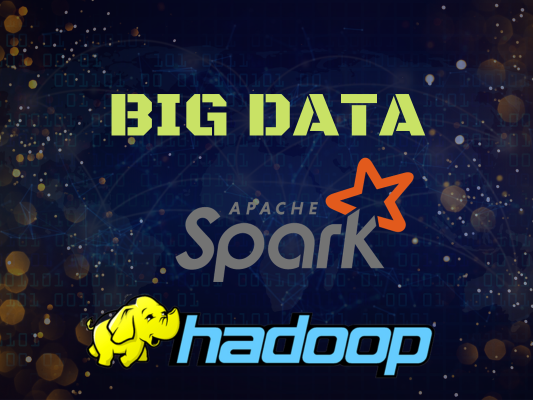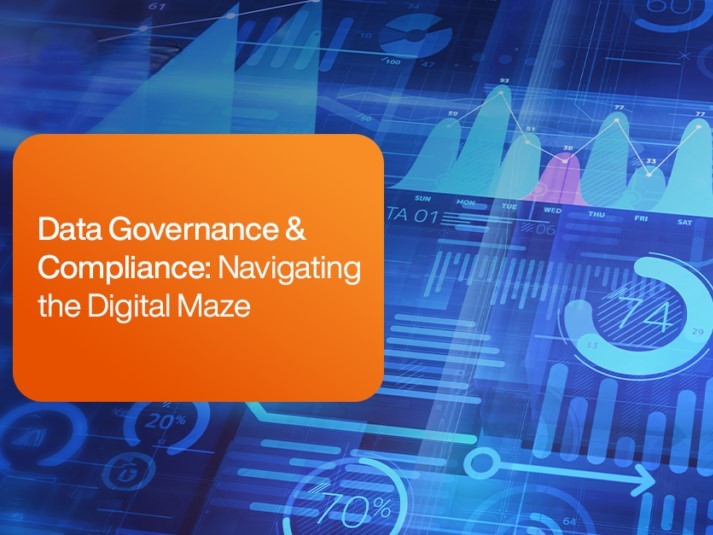Description
As modern applications demand real-time insights and responsiveness, event-driven systems have become crucial. Real-Time Data Processing with Apache Kafka introduces you to the architecture and power of Kafka—an open-source distributed event streaming platform used by leading tech companies. In this hands-on course, you’ll learn how to build scalable pipelines that process streams of events from sensors, apps, databases, and more in real-time. Starting with Kafka basics (brokers, topics, partitions), you’ll move on to producers, consumers, Kafka Streams, and integration with Spark, Flink, and other tools. You’ll understand how to structure and filter messages, manage offsets, ensure delivery guarantees, and handle fault tolerance. Practical examples include processing clickstreams, transaction logs, and IoT data. By the end, you’ll be able to deploy Kafka for a wide range of real-time analytics use cases in industries like finance, e-commerce, and telecommunications. This course is ideal for data engineers, backend developers, and architects aiming to build high-performance systems.







Charlse –
Real-time data is crucial for our ML models, and this course gave me the skills to build streaming data pipelines using Kafka. The section on Kafka + Spark integration was especially valuable.
Justice –
This course is a must for anyone working with streaming data. It demystified Kafka for me, and now I’m confidently building real-time pipelines at work.
Udoka –
Exactly what I needed to get hands-on with Kafka. The labs and practical demos helped me go from zero to productive in just a few sessions. I’ve already integrated Kafka into two internal apps!
Juliet –
Kafka always seemed intimidating until I took this course. Now I understand producers, consumers, topics, and brokers without needing to Google every step. It’s both beginner-friendly and technically solid.
Chidi –
What I loved most was the real-world use cases—log processing, event-driven architecture, you name it. This course doesn’t just teach the tool, it shows you how to think in real-time systems.